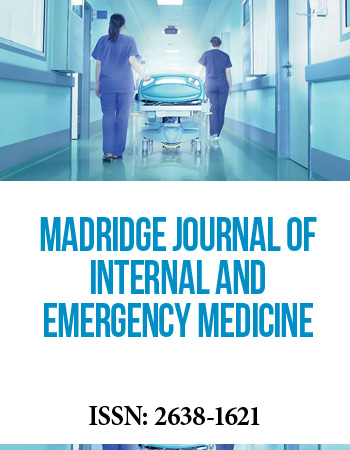International Translational and Regenerative Medicine Conference
April 25-27, 2018 | Rome, Italy
Inhibition of NF-κB Pathway Attenuates the Multiple Organ Dysfunction Associated with Polymicrobial Sepsis in Mice with Pre-Existing Type 2 Diabetes Mellitus (T2DM)
1Centre for Translational medicine and Therapeutics, Queen Mary University of London, UK
2Department of Drug Science and Technology, University of Turin, Italy
Introduction: Patients with diabetes are at higher risk of infections and sepsis. Activation of nuclear factor-κB (NF-κB) plays a substantial role in the pathophysiology of sepsis and diabetes. Here we investigate i) the effect of pre-existing type 2 diabetes mellitus on organ dysfunction (MOD) associated with sepsis and ii) whether inhibition of NF-κB using IKK-16 or linagliptin attenuates MOD in mice with sepsis and diabetes.
Methods: Ten-week old male C57BL/6 mice received high fat (HFD) or chow diet for 12 weeks, and were subjected to caecal ligation and puncture (CLP) or sham surgery for 24 hours. At 1 hour after CLP, mice received IKK-16, linagliptin, or vehicle.
Results: Administration of HFD resulted in a significant (i) impairment in glucose tolerance, (ii) (small) reduction in ejection fraction and, (iii) increase in alanine aminotransferase. HFD caused (Immunoplot analysis; heart) significant NF-κB pathway activation and expression of inducible nitric oxide synthase (iNOS). Mice on HFD subjected to CLP showed further (i) decline in EF, (ii) increase in serum ALT, and (iii) a significant renal dysfunction. Treatment of HFD-CLP mice with IKK-16 or linagliptin resulted in significant reduction of the CLP-induced i) MOD (cardiac/liver/renal), ii) NF-κB pathway activation, and iii) iNOS expression when compared to mice treated with vehicle.
Conclusion: Our results show that HFD results in inflammation, cardiac dysfunction, and liver injury. Moreover, a pre-existing diabetic phenotype worsened the organ injury/dysfunction associated with CLP-sepsis. Most notably, inhibition of NF-κB reduced the organ injury/dysfunction caused by sepsis in animals with pre-existing T2DM.
Biography:
Dr. Sura Al Zoubi is a clinical pharmacist who is doing a PhD in pharmacology at the department of the transnational medicine and therapeutics, the William Harvey Research Institute (WHRI), Queen Mary University of London, UK. Her main research interest is the cardiac dysfunction associated with sepsis and the effect of type 2 diabetes mellitus on the pathophysiology of cardiac dysfunction in sepsis. She has been working on the effect of NF-κB pathway inhibition on the multiple organ dysfunctions in sepsis. She has presented her work in many national and international conferences.


